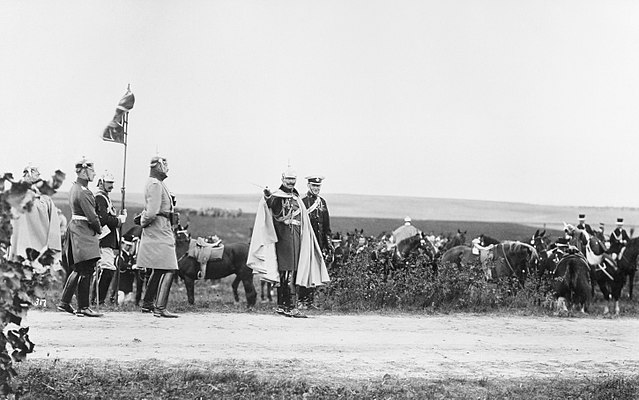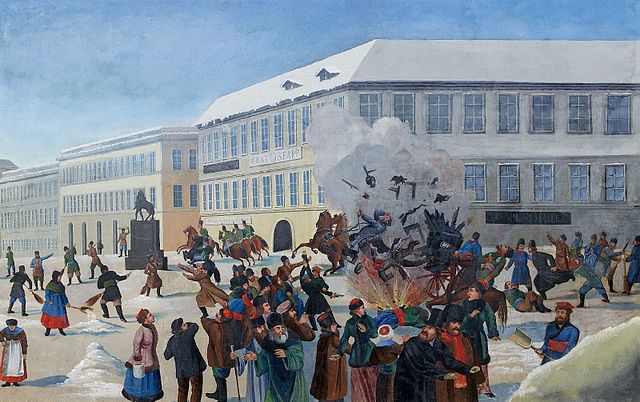

“Unvarying Courtesy” or “Unbending Determination”? The 1907 Eyre Crowe Memorandum and the Dilemmas of Strategic Forecasting
Two general schools of thought regarding Crowe and his famous Memorandum have emerged. Some scholars paint Crowe as a latter-day Cassandra who foresaw the structural trends that were hurling the two powers toward confrontation and articulated the necessary course of action, which his government failed to undertake until it was too late. Harvard’s Graham Allison compares the Crowe Memorandum to the writings of Thucydides, whose History of the Peloponnesian War identified the dilemma that a dominant power faces when it must either accede to the rise of a challenger or risk eventual war with it. The other school of thought argues that Crowe delivered only self-fulfilling prophecies by helping to institutionalize an attitude of anti-German animus. One prominent German historian even dubbed Crowe the “evil spirit of the Foreign Office.” With these two schools of thought forming in play, the bulk of the literature on Crowe has accordingly sought to determine the precise extent and manner of his influence on British-German relations both before and after the First World War.



